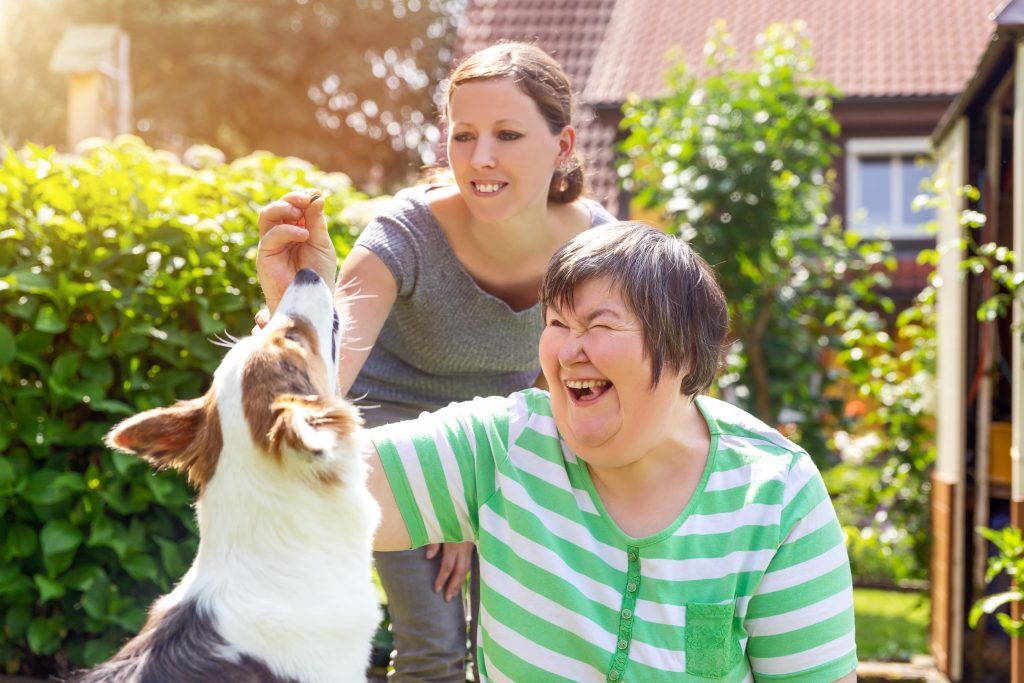Your guide to carers’ allowance
If you provide regular and substantial care for another person (or if they do so for you) on an ongoing basis, then Carer’s Allowance may be available to you. Carer’s Allowance is a financial payment from the government to carers. In this article, we provide information on Carer’s Allowance: what it is, how to access it and who is eligible for it. We will also look at how much Carer’s Allowance you can get and how to apply for it.
What is Carer’s Allowance?
Carer’s Allowance is a financial payment from the government to carers. It is one of the main forms of support available to carers in the UK. Carer’s Allowance is paid at a lower rate than many other benefits, but it does not have to be repaid and it does not affect other benefits that carers might be getting. Carer’s Allowance is not means-tested, so you can’t claim it if you have savings or capital worth £16,000 or more.
However, carers will need to tell the government about any other money that they receive – including income from employment and self-employment. Carers who are working can usually continue to work for a certain number of hours each week after claiming Carer’s Allowance. If someone in your household works over their ‘permitted hours’ then Carer’s Allowance may stop being paid for that person until their permitted hours increase again (due to a change in circumstances).

For example: In order to continue receiving Carer’s Allowance, you must continue to meet all the requirements. You must not refuse to accept any offer of suitable employment, take steps to become self-employed or carry on self-employment; if you do, your Carer’s Allowance may be withdrawn. You can work up to 24 hours per week (unless your Carer’s Allowance is due to caring for someone over the age of 65 – then it is 16 hours). Carers can also volunteer and still claim Carer’s Allowance.
How to access Carer’s Allowance
Carer’s Allowance is managed by the Department for Work and Pensions (DWP). There are two ways that you might qualify for Carer’s Allowance: through having limited capability for work or reduced capability for work-related activity. Carer’s Allowance is paid directly into your bank account every four weeks. Carers can also claim Carer’s Credit, which is a National Insurance contribution for carers who are not working or on low incomes; Carer’s Credit provides you with some extra credits if you need to make more National Insurance contributions due to changes in your circumstances (for example, if you had more than one job).
Eligibility of Carer’s Allowance
You may be able to get Carer’s Allowance if you are 16 or over and living in Great Britain. Carers must meet the carer test. To pass the carer test, an individual needs to look after someone for at least 35 hours per week (and spend less than 16 hours working). Care must be provided on an unpaid basis and carers must also meet the residence and presence tests. The residence test requires carers to be living in Great Britain and the presence test requires carers to be in Great Britain when providing care. If you’re caring for more than one person, the total number of hours that you care for each week is taken into account, not the number of people that you are caring for.
How to apply for Carer’s Allowance
To apply for Carer’s Allowance, carers must fill in an application form and send it to the DWP. The form is called ‘SF500‘. The application form can be downloaded from the internet, or carers can call the CarerLine and ask for a copy to be sent to them. Carers can also get help filling in the application form from their local Carers Centre. The CarerLine number is 0800 731 0297. You can find your nearest Carers Centre by using the Carers UK website: www.carersuk.org.

Carers must include proof of identity and their National Insurance number when they send their application form to the DWP. Proof of identity can be a passport, driving licence or birth certificate. Your National Insurance number can be found on letters from the HMRC (Her Majesty’s Revenue and Customs). Carers should allow plenty of time for their application to be processed, as Carer’s Allowance can take up to six weeks to arrive.


